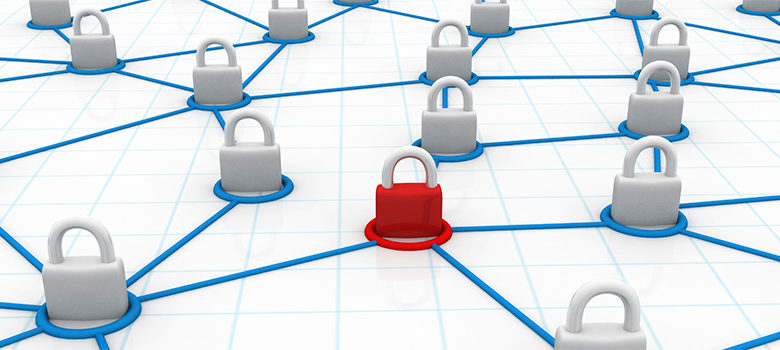
There is a rhythm to Washington policy-making. There are seasons of sowing and seasons of reaping, a time to embrace and a time to refrain from embracing. In this calendar of public business, August is the fallow month. It is the brief respite when members of Congress have returned to their homes, policy-makers have fled the district and seats are plentiful on the subway. It is the time when policy is not done and when policy statements are not heard.
In reviewing the recent discussion of cyber-security and cyber-privacy, I was a little surprised to find that one of the major think tanks, the New America Foundation, had released a substantial paper on the subject in the quiet of August. Most organizations will publish work in the summer only if they are going to be involved in a legislative debate during the fall and want to control the terms of the discussion.
However, this report is not written in a way that would shape legislative debate. It is broad and shuns specifics. The author, who was part of the President’s special commission on security and privacy two years ago, has demonstrated that he knows how to write forceful policy reports. The recommendations of that commission were detailed and thorough. His New America Report seems to continue the work of that commission but adds new ideas to the discussion. It seems to be exploring the nature of personal privacy and how that privacy might be changing. Just as the growth of cities expanded our nature of privacy and encouraged us to withhold more information from our neighbors, the new ways of interacting with people on the internet has expanded our desire to keep certain information to ourselves.
In presenting his ideas, the author suggests that all information will ultimately find its way into the public, that secrecy has a half-life. The idea is taken from physics, from the measurement of radioactive decay. Let us suppose that the half-life of secrecy proves to be 18 months. After 18 months have passed, half of your current secrets will have become know. In 18 months more, half the remainder will move into the public. As the months pass, less and less of your vital information will be under your own control, unless you acquire new secrets, which we all apparently will do.
The idea of a half-life for secrecy may or may not be actually true. I can write the differential equations that would demonstrate such a half-life, but I can’t quite interpret them in a way that makes sense to me. However, the actual truth of the idea is not important. Policy is often based on images and analogies that are not strictly true but somehow capture some key element of the debate. The early discussion of the Internet was conducted with the term “information super-highway,” a phrase that few would invoke today with suggestion of nostalgia or irony. Yet, at the time, it suggested a technology that would offer new possibilities to society, just as the interstate highway system promised new opportunities to the the society of the 1950s.
If the idea of a secrecy half-life moves into our public discussions, it will establish the idea that security is never permanent. Some information will require the passing of multiple half-lives before it is known to the public but eventually, it will be known to all. Perhaps the half-life of information will remove some of the shock of disclosure. Revelation will just be part of the nature life of information. There is a season of secrecy and a season of openness, a time to be unknown and a time to be known.
If disclosure becomes part of the natural life of information, we will have to rethink our basic notions of privacy. We will, perhaps, be less concerned with defending all the information that we accumulate. However, in the process, we’ll devise a new kind of strategy for protecting our privacy. Acknowledging that all things will become known, we will weigh all of our secrets and determine how long we want to keep each item to ourselves. For the things that are minor, merely embarrassing or slightly inconvenient, we’ll be grateful if they stay out of the public eye for the next week, the next month, the next year. For the vital information, the material that controls our assets and runs our lives, we will fight to keep them out of the public light, to make the sum total of privacy half-lives as long as we can possibly make them.
It is not obvious that the idea of the secrecy half-life will influence the debate on cyber-privacy. It might help us better understand some of the options for protecting individual liberties, but it could easily polarize the discussion. While some people might accept the notion that all information will be public, others might take an absolutist position that rejects any compromise of individual privacy.
Ultimately, New America may have released the report in the summer in order to avoid a public debate over the natural limitation of privacy. Think tanks generally hold nothing secret and like wide publicity for their reports. When they release new papers, they hold press conferences that are designed to attract as many people as possible. They entice the public with catered food, policy celebrities and, occasionally, alcohol. By letting an idea slip into the public quietly, they may avoid a disruptive debate and be better able to judge if the public will accept the idea that privacy, like much of human experience, exists only for a season.
David Alan Grier is a former president of the IEEE Computer Society and is an associate professor at the Center for International Science and Technology Policy of the George Washington University.






